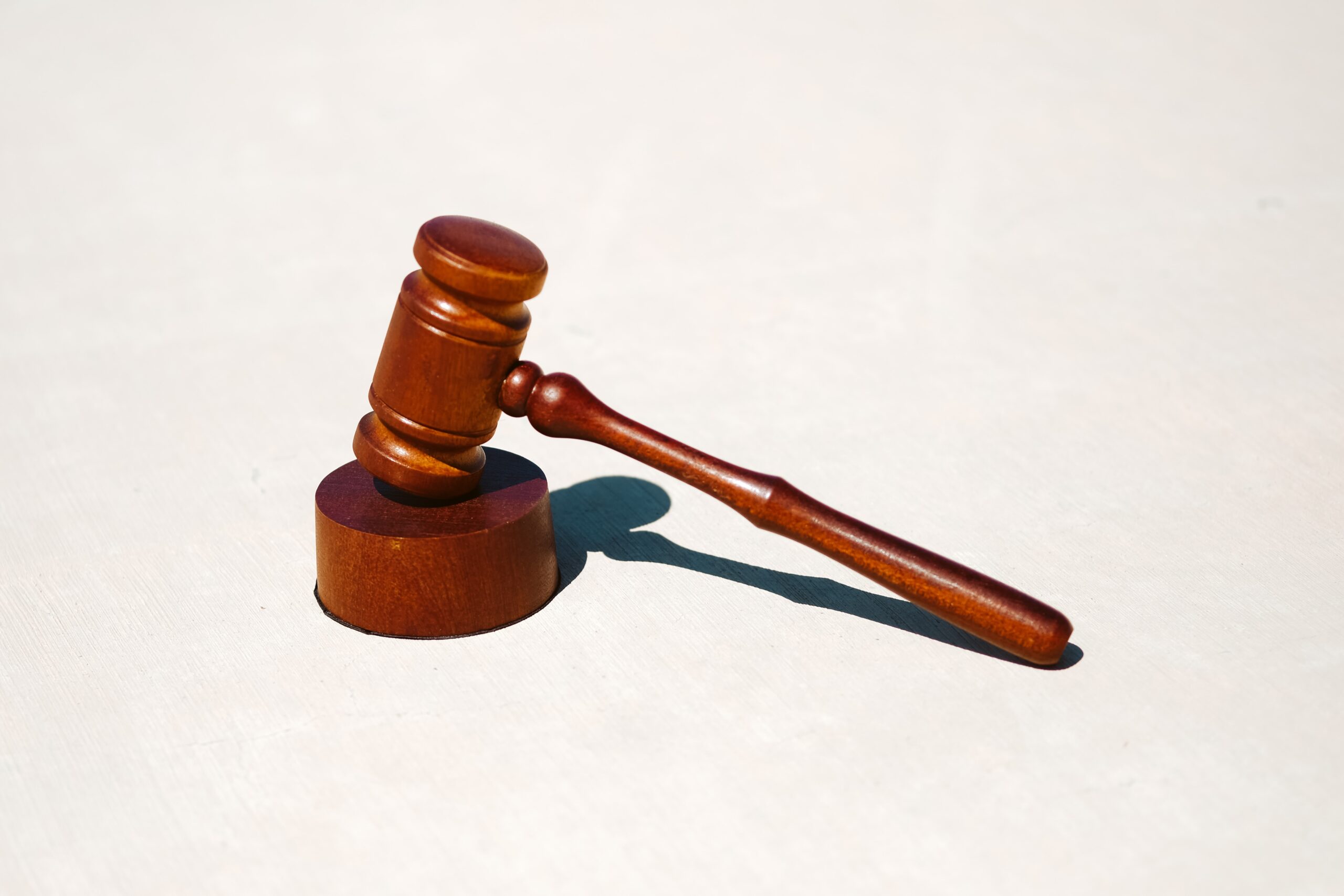Now Reading: Navigating the Legal Complexities of Traumatic Brain Injury (TBI) Cases
-
01
Navigating the Legal Complexities of Traumatic Brain Injury (TBI) Cases

Navigating the Legal Complexities of Traumatic Brain Injury (TBI) Cases
Traumatic brain injuries (TBIs) are a major health problem that can cause serious injury, paralysis, and even death. A sudden external force impacting the head can cause cognitive, emotional, and physical defects in the long run. TBIs can include concussions (blows to the head), contusions (brain bruises that cause bleeding), and penetration, where an object enters the brain tissue.
TBIs are often caused by negligence or intentional harm from others, such as in a car accident where a sudden collision can cause your head to strike the objects inside the vehicle or due to violent attacks. Due to the severe medical nature of TBIs, you are entitled to compensation and justice if you suffer from others’ negligence.
Read on to read about the legal implications of TBIs:
Legal Rights of TBI Victims
Personal injury law is designed to provide legal recourse for individuals who have suffered harm due to the negligence or wrongful actions of others. In the context of traumatic brain injuries (TBIs), personal injury law encompasses various aspects, including negligence, liability, and even Torts.
The law states that TBI victims suffer physical and emotional harm and are, as such, entitled to compensation. The compensation covers medical expenses, lost wages, pain and suffering, and more. Every victim has the right to hire an attorney to represent their interests, negotiate with the insurance companies, and, if litigation is needed, do that.
An experienced lawyer can navigate the complexities of personal injury law and advocate on behalf of the victim, but they must also be interested in making an impact and not just fighting any case.
If you want compensation, do it before the statute of limitations applies. The statute states that the victim can only file a lawsuit within a specific period since the agency, depending on the state laws.
Establishing Liability in TBI Cases
Determining whose fault the accident was is the primary responsibility of a TBI lawyer. This is called establishing liability, and it is easier said than done. To establish liability, a lawyer must identify potential defendants such as drivers (in case of a car accident), manufacturers, property owners of the accident site, and even government entities.
Witness statements are one of the biggest tools courts rely on to decide who is liable for the accident. This includes two aspects: eyewitness accounts of testimonies of the witnesses to the accident and character witnesses, which are statements from family, friends, and colleagues that describe the changes in the victim’s behavior, abilities, and quality of life post-injury.
Seeking Compensation for TBI
Once you have established who was at fault in a case, the next step is determining the appropriate compensation. This involves assessing both current and future expenses. Proper documentation and expert analysis are required to determine the compensation. The immediate costs include the receipts and invoices for the medical bills and the wages lost due to the inability to work after the incident.
Next, you will need an expert to project the future medical expenses and lifetime care costs to include in the compensation. A psychologist can determine the non-economic impact by evaluating how the injury has affected the victim’s overall well-being and enjoyment of life.
Endnote
TBIs are a particularly grave form of injury that can leave the victim severely injured, handicapped, or even dead. If someone else’s negligence or intentional harm causes a TBI, you can seek compensation. Remember that an experienced attorney interested in making an impact can help you establish the other party’s liability and help you get your fair compensation.










